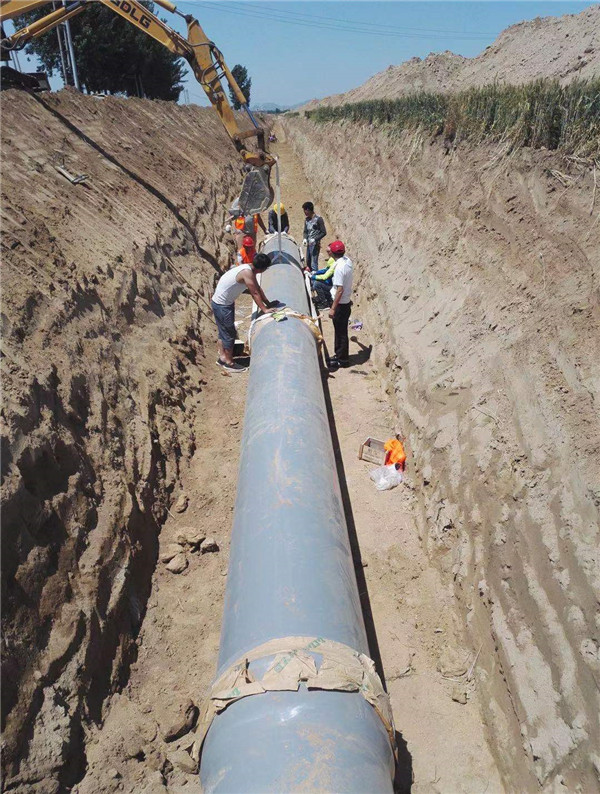Oct . 10, 2024 23:56 Back to list
hdpe welding rod
Understanding HDPE Welding Rods A Closer Look
High-Density Polyethylene (HDPE) is a versatile thermoplastic widely used in various applications, including pipes, containers, and geomembranes. One of the crucial aspects of working with HDPE is the ability to join parts together effectively, and this is where HDPE welding rods come into play. These rods are essential for the welding process, ensuring strong and durable joints that can withstand various conditions.
What are HDPE Welding Rods?
HDPE welding rods are specifically designed rods made from high-density polyethylene material, which is the same material used for HDPE products. These rods come in different diameters and lengths, making them suitable for various welding processes such as extrusion welding, fusion welding, and other thermoplastic welding techniques.
The primary role of the welding rod is to provide additional material during the welding process, allowing for the creation of strong joints in HDPE parts. When heated to the right temperature, the welding rod melts and fuses with the base materials, creating a solid bond once cooled. This characteristic makes HDPE welding rods highly effective for repairs and fabrications in a multitude of industries.
Applications of HDPE Welding Rods
The applications of HDPE welding rods are widespread, spanning various industries. In the construction sector, HDPE welding rods are used to join pipes for infrastructure projects, ensuring water and gas lines are securely connected. Similarly, in the agricultural sector, these rods are used to repair or fabricate water tanks and irrigation systems.
In environmental applications, HDPE welding rods can be employed to create barriers and liners in landfills and containment facilities, preventing leaks and protecting the environment. The durability and chemical resistance of HDPE make it a preferred choice for such applications.
hdpe welding rod

Advantages of Using HDPE Welding Rods
1. Strength and Durability HDPE welding rods provide strong joints that are resistant to impact and stress. When properly welded, HDPE joints can maintain structural integrity even under heavy loads.
2. Chemical Resistance HDPE is highly resistant to a variety of chemicals, making these welding rods suitable for applications in chemical processing and waste management.
3. Versatility The adaptability of HDPE welding rods makes them suitable for various welding techniques, including manual and automated processes.
4. Cost-Effective HDPE materials are often less expensive than metals and other plastics, making the use of HDPE welding rods a cost-effective solution for many industries.
5. Ease of Use Welding with HDPE rods can be done with relative ease, provided that the welder has the appropriate skills and equipment. This allows for repairs and fabrications to be accomplished without the need for specialized training.
Conclusion
HDPE welding rods are an essential component in the effective joining of high-density polyethylene products. Their strength, chemical resistance, and versatility make them a popular choice across various industries. As the demand for durable and sustainable materials continues to grow, understanding the benefits and applications of HDPE welding rods becomes increasingly important. Whether in construction, agriculture, or environmental management, these rods play a vital role in ensuring the reliability and longevity of HDPE structures.
-
PVC Transparent Sheet Roll - Durable & Flexible PVC Plastic Sheet Roll for Industrial & Home Use
NewsJun.24,2025
-
High-Quality PVC PPR Pipes and Fittings Durable ERA PPR Solutions
NewsJun.10,2025
-
High-Quality Large HDPE Sheets & Large Diameter PVC Pipe Durable Large PVC Pipe Supplier
NewsJun.10,2025
-
High Density Polyethylene Cutting Board - Durable & Food Safe
NewsJun.09,2025
-
3 Inch PVC Pipe for Durable Irrigation Affordable & Reliable
NewsJun.09,2025
-
Premium PPR Plastic Water Pipe Fittings - Durable & Leak-Free
NewsJun.09,2025

